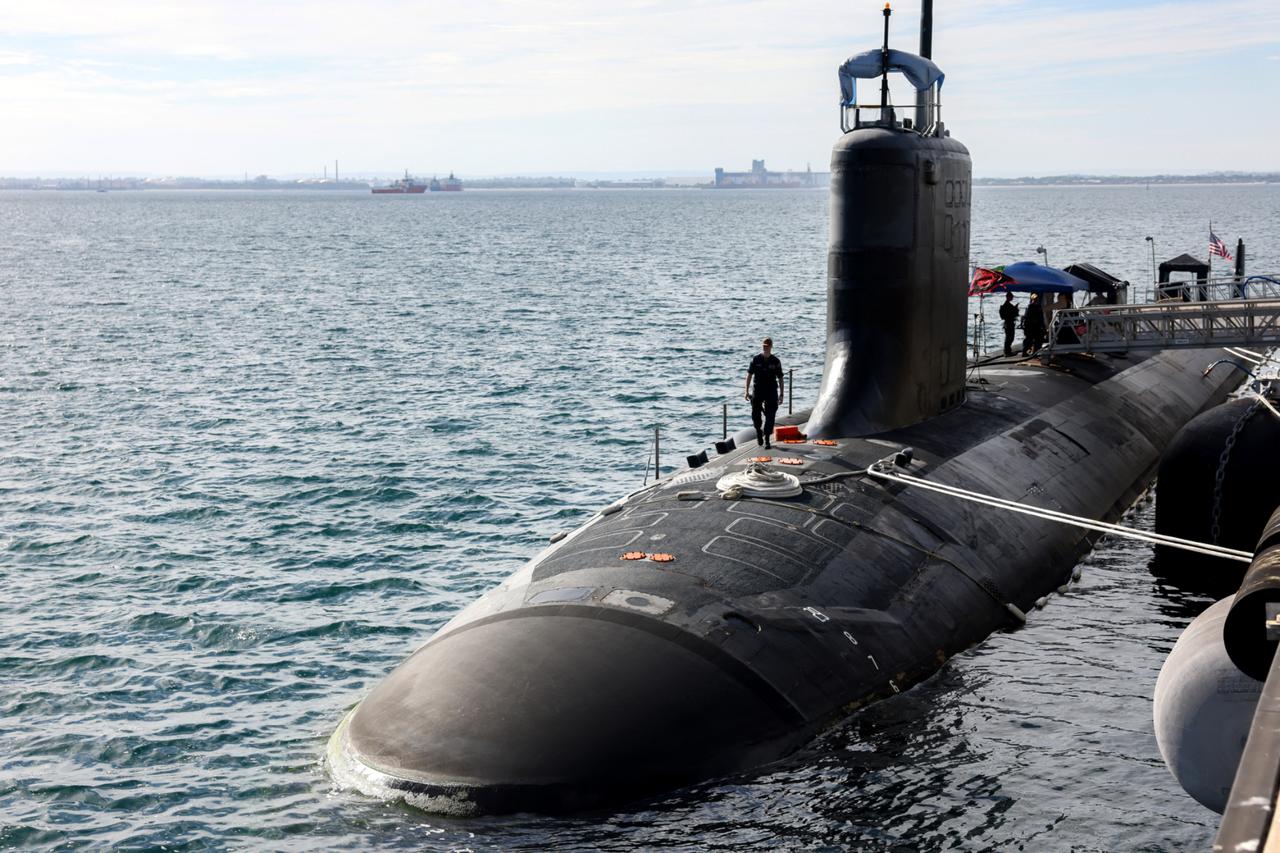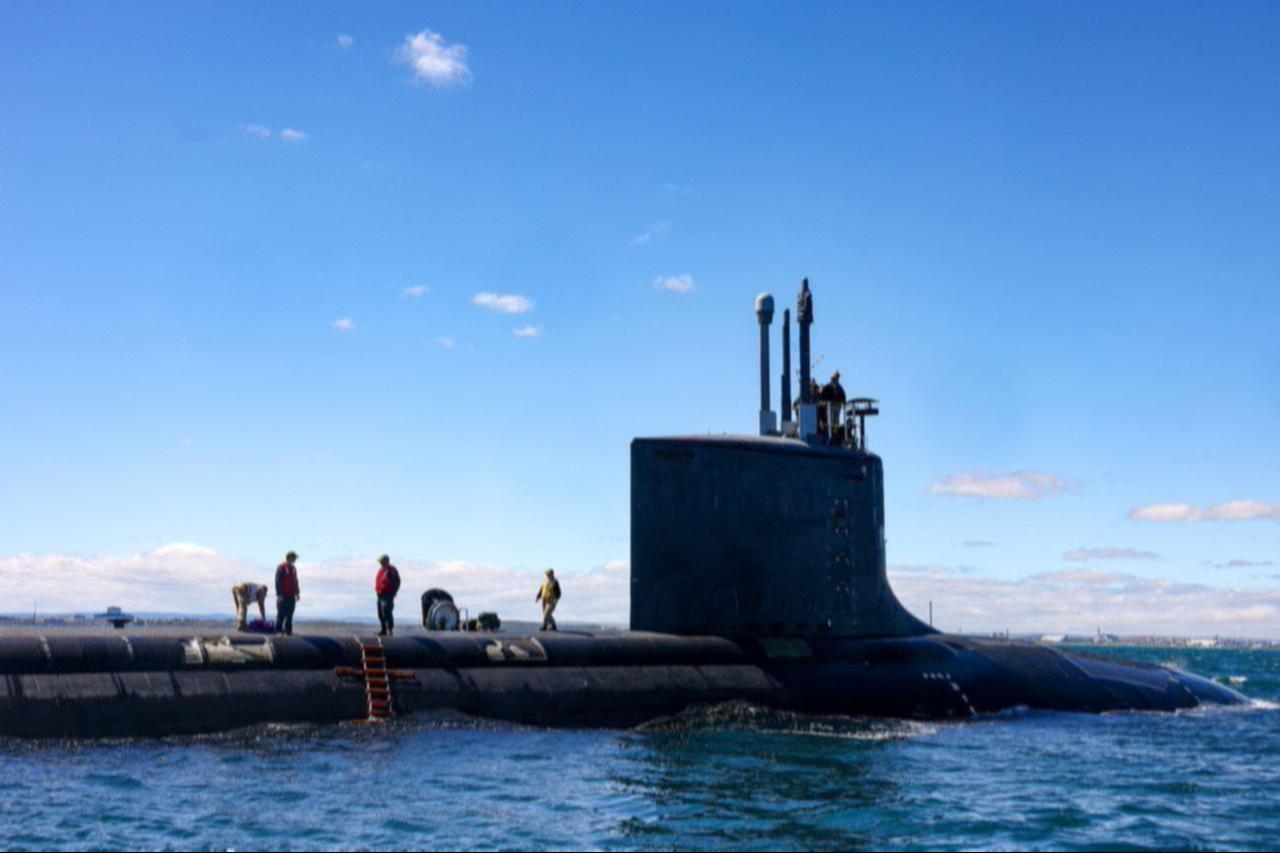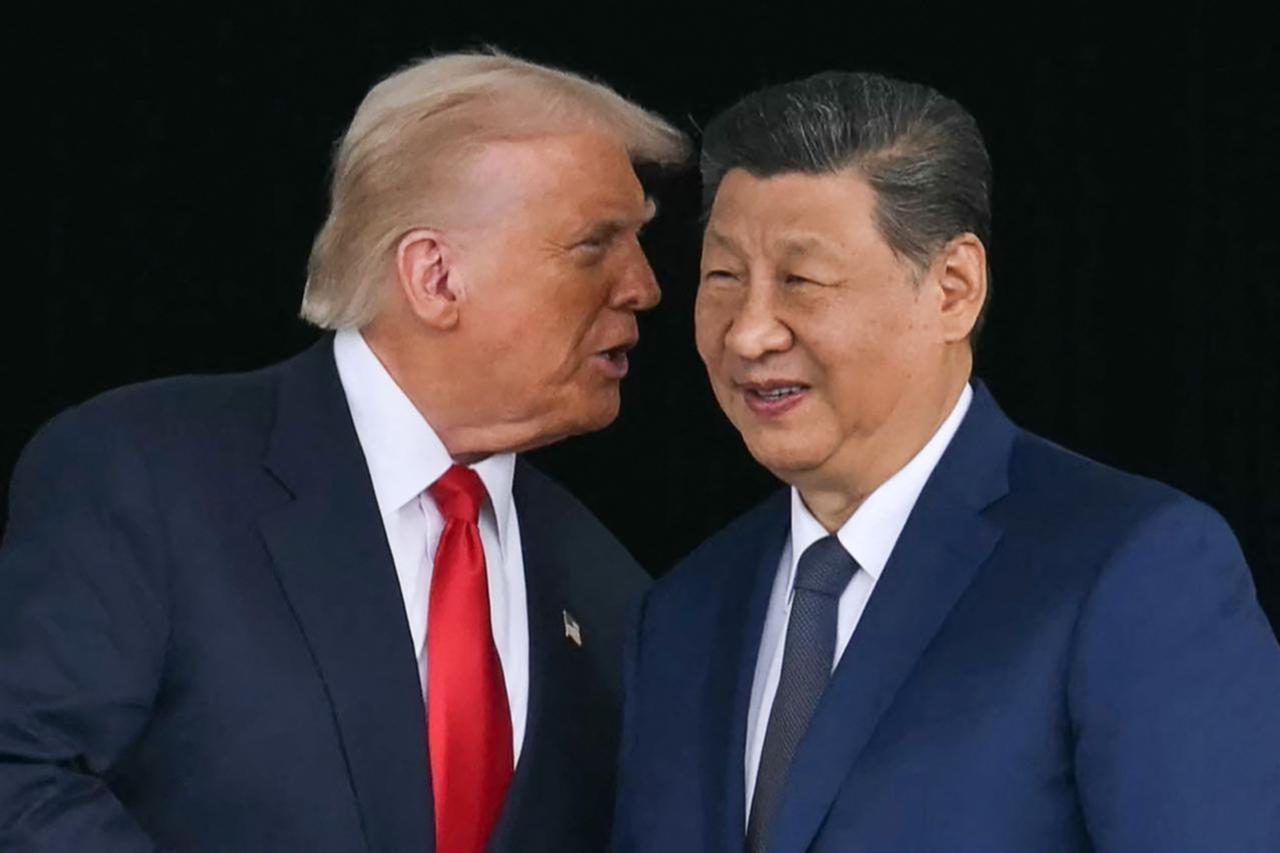
North Korea denounced a new agreement between South Korea and the United States to advance nuclear-powered submarine development, warning the deal would ignite a “nuclear domino” effect and heighten regional tensions.
South Korean President Lee Jae Myung announced the finalization of a long-sought security and trade agreement with Washington last week, which includes U.S. approval for Seoul to pursue nuclear-powered submarines and expanded authority over uranium enrichment and spent-fuel reprocessing.
In its first response, North Korea called the submarine initiative a “dangerous attempt at confrontation,” according to a commentary carried by the Korean Central News Agency (KCNA).
The report said the deal is a “serious development that destabilizes the military security situation in the Asia-Pacific region beyond the Korean Peninsula” and creates a situation of “impossible nuclear control.”
Pyongyang said South Korea’s pursuit of nuclear submarines is “bound to cause a ‘nuclear domino phenomenon’ in the region and spark a hot arms race,” adding that the country would take “more justified and realistic countermeasures” in response to what it described as “confrontational intention.”
KCNA also reaffirmed earlier claims that the North had conducted the ninth and final test of a ballistic engine in October, signaling a potential new ICBM launch in the coming months.

The commentary came one day after Seoul proposed military talks with Pyongyang to prevent border clashes; the first such offer in seven years.
President Lee has also expressed willingness to hold broader discussions without preconditions.
South Korea’s presidential office responded to the KCNA statement by saying the country “has no hostile intentions toward North Korea.”
Presidential spokesperson Kang Yu-jung said the agreement with Washington is aimed at “protecting the nation and solidifying the security alliance.”
Experts in Seoul said North Korea’s reaction reflects concerns that South Korea’s nuclear-powered submarine program could serve as a step toward “semi-nuclear-weapon-state status,” potentially complicating the prospects for inter-Korean military talks.
North Korea has not yet responded to Seoul’s diplomatic overtures.

The agreement was jointly detailed by South Korea and the United States on Friday following President Lee’s summit with President Donald Trump, which also included a commitment to disarm North Korea’s nuclear arsenal.
KCNA said the terms of the deal revealed “the confrontational will of the U.S. and the ROK.”
In Washington, Trump has said he is prepared to meet North Korean leader Kim Jong Un, though previous attempts at a nuclear agreement failed.
China also voiced caution, with its ambassador in Seoul, Dai Bing, saying the partnership “directly touches on the global non-proliferation regime and the stability of the Korean Peninsula and the wider region.”